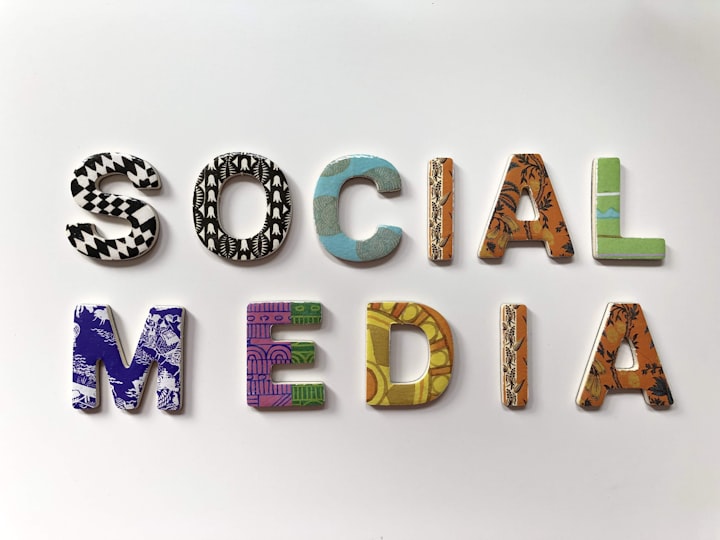In today's digitally connected world, social media has become an integral part of our daily lives. From staying in touch with friends and family to accessing news and entertainment, social media platforms offer numerous benefits. However, alongside its perks, there's growing concern about the impact of excessive social media use on mental health. In this article, we'll explore the various ways in which social media influences mental well-being and discuss strategies for navigating the digital age responsibly.
Understanding Social Media Usage
Before delving into its effects, let's first understand the scope of social media usage. According to recent statistics, billions of people across the globe use social media platforms regularly. Platforms like Facebook, Instagram, Twitter, and Snapchat have become ubiquitous, with users spending hours each day scrolling through feeds and engaging with content.
Positive Effects of Social Media on Mental Health
Despite its criticisms, social media offers several benefits for mental health. One of the most significant advantages is its ability to foster connection and community. For individuals struggling with loneliness or isolation, social media provides a platform to connect with like-minded individuals and build supportive relationships.
Moreover, social media serves as a valuable resource for accessing support networks. Whether someone is dealing with a mental health issue or seeking advice on a personal matter, online communities offer a safe space for sharing experiences and receiving encouragement.
Additionally, social media plays a crucial role in information dissemination and raising awareness about mental health issues. Through campaigns, hashtags, and educational content, users can learn about various disorders, treatment options, and coping strategies, reducing stigma and promoting acceptance.
Negative Effects of Social Media on Mental Health
Despite its positive aspects, social media also has its drawbacks, particularly concerning mental health. One common issue is the tendency for users to compare themselves to others, leading to feelings of inadequacy and low self-esteem. Constant exposure to curated images and highlight reels can distort perceptions of reality, fostering unrealistic beauty standards and lifestyle expectations.
Furthermore, social media platforms are breeding grounds for cyberbullying and harassment. Anonymous accounts and the ability to hide behind screens make it easy for individuals to engage in harmful behaviors, causing emotional distress and trauma for victims.
Another prevalent concern is the phenomenon known as FOMO, or fear of missing out. As users scroll through their feeds, they're bombarded with images of friends enjoying seemingly perfect lives, leading to feelings of envy and anxiety about not measuring up.
Navigating the Digital Age: Tips for Healthy Social Media Use
Given the ubiquity of social media, it's essential to adopt strategies for healthy usage. Setting boundaries and time limits can help prevent excessive screen time and promote a balanced lifestyle. Designating specific periods for social media use and avoiding mindless scrolling can contribute to better mental well-being.
Additionally, curating a positive online environment is crucial for protecting mental health. Unfollowing accounts that trigger negative emotions and cultivating a feed filled with uplifting content can create a more supportive and nurturing online space.
Lastly, it's essential to recognize when professional help is needed. If social media use is significantly impacting mental health or exacerbating existing issues, seeking guidance from a therapist or counselor can provide valuable support and coping strategies.
Conclusion
In conclusion, social media has a profound impact on mental health, with both positive and negative consequences. While it offers opportunities for connection, support, and education, it also poses risks such as comparison, cyberbullying, and FOMO. By adopting healthy usage habits and prioritizing self-care, individuals can navigate the digital age more effectively and safeguard their mental well-being.






Comments
There are no comments for this story
Be the first to respond and start the conversation.